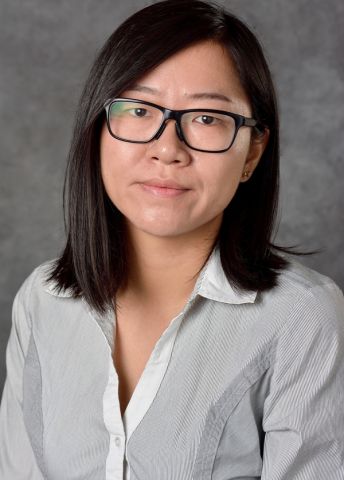
Program for mathematics 2023
Visting Professor
Professor Yingda Cheng
Michigan State University, USA
Nominated by:
Department of Information Technology, Uppsala University
Visting Professor
Professor Yingda Cheng
Michigan State University, USA
Nominated by:
Department of Information Technology, Uppsala University
Computing unusual wave phenomena
Yingda Cheng is a professor at Michigan State University, USA. Thanks to a grant from the Knut and Alice Wallenberg Foundation, she will be a visiting professor at the Department of Information Technology, Uppsala University.
Many applications use light to transfer information, and therefore simulating how light passes through different materials is very important. The interaction of light with a material can be described by a mathematical model, where the scattering of light waves varies depending on the material and the intensity of the light.
The planned project will tackle nonlinear scattering, where the intensity of the observed optical phenomena is not proportional to the intensity of the incoming light rays. While linear optical scattering is well understood, the nonlinear phenomena are not as familiar. They require very high light intensities, and many extraordinary optical effects were first discovered when high intensity lasers came into use.
The purpose of the project is to develop computational techniques for the numeric simulation of wave phenomena that are described by nonlinear models. This research will be valuable in the fields of numerical analysis and applied mathematics, as well as in physics, where high energy lasers and their nonlinear effects are of great interest.
The new simulation tools should also have applications in the scattering of spin waves in magnetic materials. Efficient models for how spin waves propagate are important for the future development of information technology, where electronics with be replaced by spintronics . Spintronics apply the properties of electrons – spin and charge – to carry, process and transfer information more efficiently than in present-day computers. The hope is that spintronics can be utilised in the quantum computers of the future.